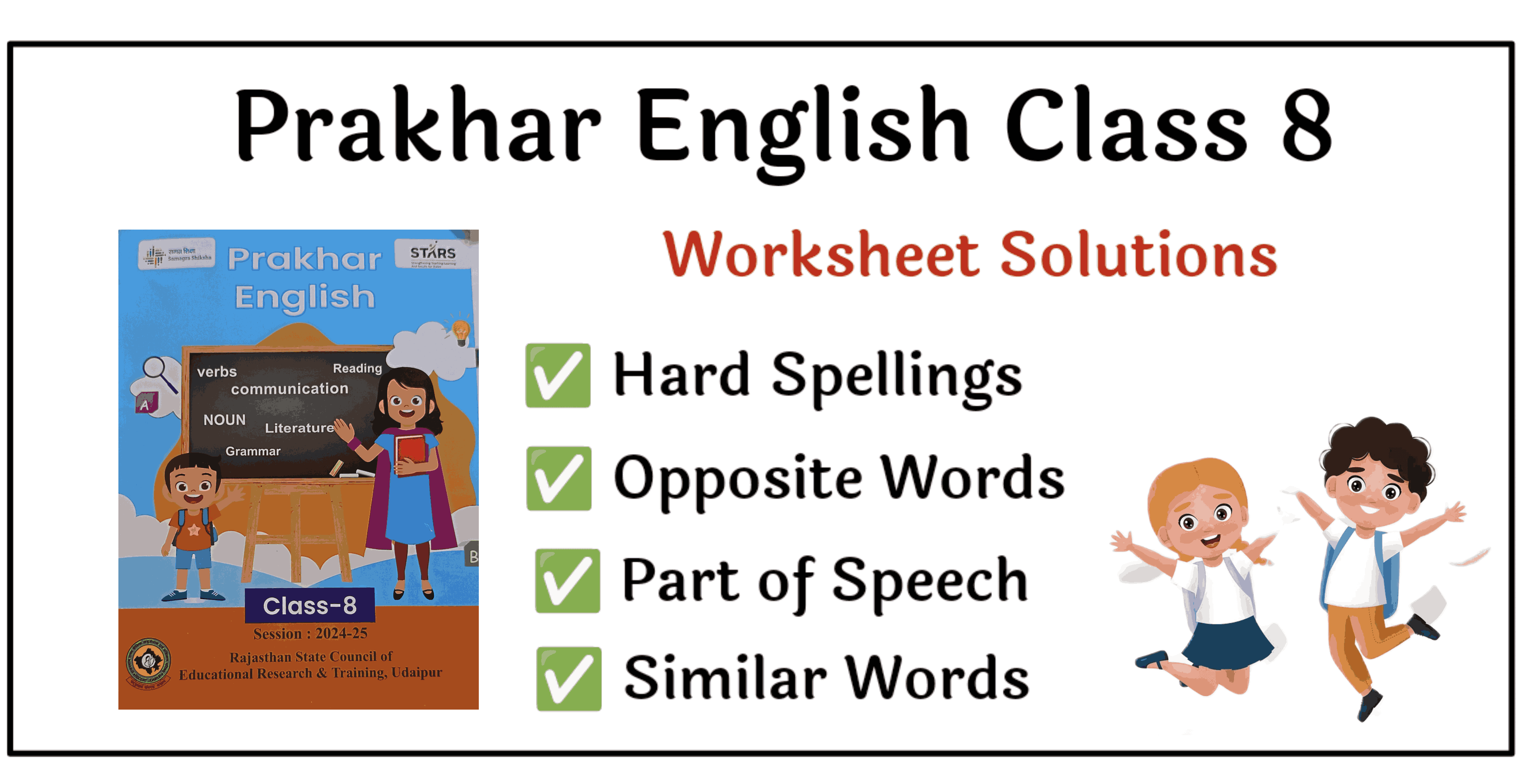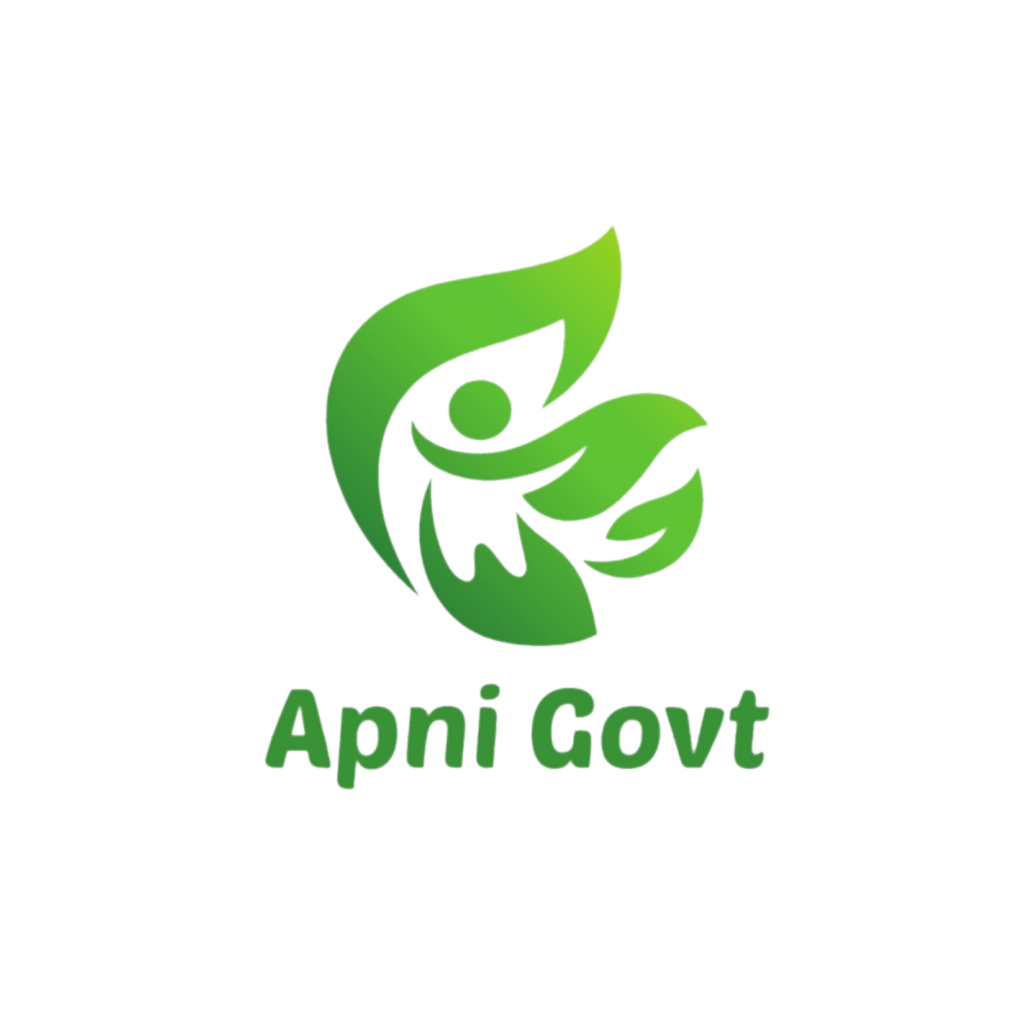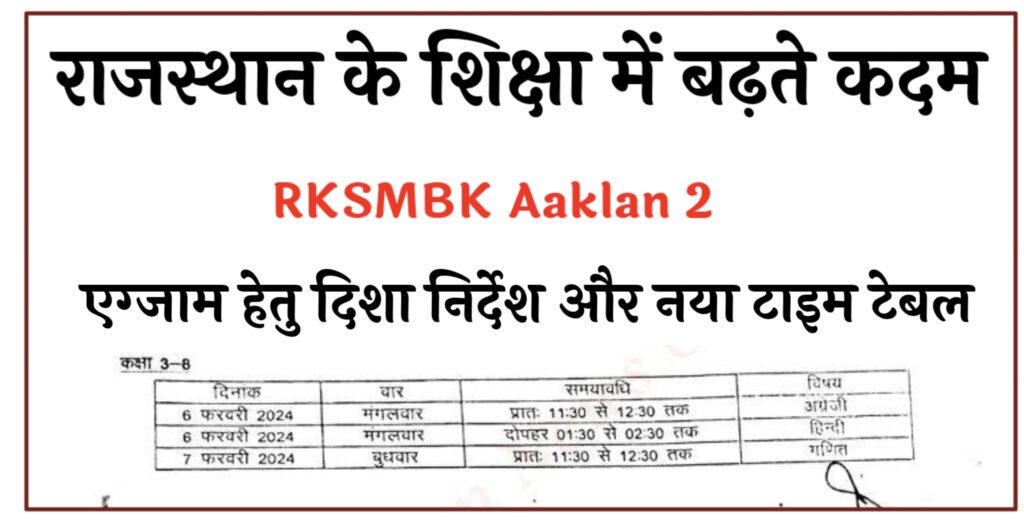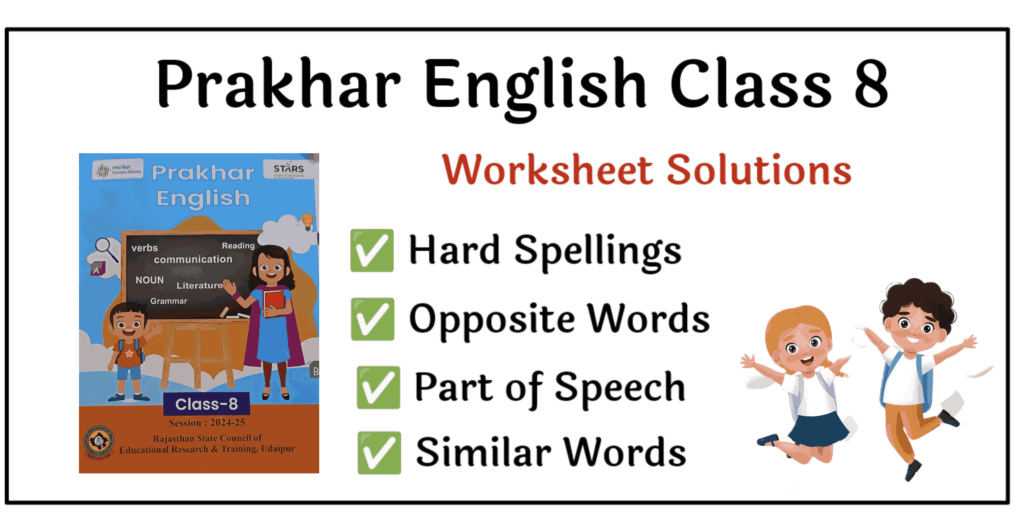Class 8 Worksheet 10 Question Answers
RSCERT Rajasthan State Council of Educational Research & Training, Udaipur द्वारा विद्यार्थियों के अधिगम स्तर को बढ़ाने के लिए एक बेहतरीन प्रयास हेतु वर्कबुक जारी की गयी है I हमने आपकी Learning में और सुधार करने और एक इस कार्यपत्रक (Class 8 Workbook) Worksheet 10 में Hard Spellings, Part of Speech, Grammar & Vocabulary , Gender,Opposite, Similar Words, One words etc यहाँ क्लियर किये है

Worksheet 10 Solution English
Let’s go through and solve this worksheet step by step by filling in the appropriate prepositions (after, before, between).
-
C comes……………………. D in Alphabet.
- The preposition here would be after because C comes after B and before D in the alphabet.
- Correct sentence: C comes before D in the Alphabet.
-
Nine comes…………………….. eight.
- The preposition here would be after, as 9 comes after 8 in counting.
- Correct sentence: Nine comes after eight.
-
The policeman was running…………. the thief.
- The preposition here would be after since the policeman is chasing the thief.
- Correct sentence: The policeman was running after the thief.
-
Raju is standing……………… his mother and father.
- The preposition here would be between because Raju is standing between his mother and father.
- Correct sentence: Raju is standing between his mother and father.
-
Wash your hands …………………..using the toilet.
- This sentence seems incomplete, but if we need to use a preposition, it would likely be before or after in context. A reasonable guess would be:
- Wash your hands before using the toilet or Wash your hands after using the toilet.
-
Five is ………………………four and six.
- The preposition here would be between because five comes between four and six.
- Correct sentence: Five is between four and six.
So the completed worksheet would look like this:
- C comes after D in the Alphabet.
- Nine comes after eight.
- The policeman was running after the thief.
- Raju is standing between his mother and father.
- Wash your hands before / after using the toilet. (context-dependent)
- Five is between four and six.
Hard Spellings
यहां वर्कशीट Worksheet -10 शब्दों के हिंदी उच्चारण और उनके अर्थ दिए गए हैं:
| अंग्रेजी शब्द |
हिंदी उच्चारण |
अर्थ |
| After |
आफ़्टर |
के बाद, बाद में |
| Before |
बिफोर |
से पहले, पहले |
| Between |
बटवीन |
के बीच, बीच में |
| Policeman |
पुलिसमैन |
पुलिस वाला, पुलिसकर्मी |
| Alphabet |
एलबेफ़ेट |
वर्णमाला (अक्षरों का क्रम) |
Opposite words, Gender, WH words
1. Opposite Words (विपरीत शब्द):
| अंग्रेजी शब्द |
विपरीत शब्द (Opposite) |
| Hot |
Cold |
| Day |
Night |
| Up |
Down |
| Big |
Small |
| Light |
Dark |
| Happy |
Sad |
| Fast |
Slow |
| Strong |
Weak |
| Open |
Closed |
| Rich |
Poor |
2. Gender (लिंग):
लिंग का मतलब है किसी वस्तु, व्यक्ति, या जानवर के पुरुष या महिला के रूप में वर्गीकरण करना।
| अंग्रेजी शब्द |
लिंग (Gender) |
| Man |
Masculine (पुरुष) |
| Woman |
Feminine (स्त्री) |
| Boy |
Masculine (पुरुष) |
| Girl |
Feminine (स्त्री) |
| King |
Masculine (पुरुष) |
| Queen |
Feminine (स्त्री) |
| Father |
Masculine (पुरुष) |
| Mother |
Feminine (स्त्री) |
| Husband |
Masculine (पुरुष) |
| Wife |
Feminine (स्त्री) |
3. WH Words (WH शब्द):
WH शब्द ऐसे प्रश्नवाचक शब्द होते हैं जिनसे सवाल पूछे जाते हैं।
| WH शब्द |
अर्थ |
| Who |
कौन |
| What |
क्या |
| Where |
कहाँ |
| When |
कब |
| Why |
क्यों |
| How |
कैसे |
| Which |
कौन सा |
| Whose |
किसका |
| How many |
कितने |
| How much |
कितना |
4. Tenses (काल):
Tenses का प्रयोग किसी क्रिया की स्थिति (अर्थात कब हुआ) बताने के लिए किया जाता है। यहाँ तीन मुख्य काल (Tenses) और उनके उदाहरण दिए गए हैं:
Present Tense (वर्तमान काल):
- Simple Present: I eat an apple. (मैं एक सेब खाता हूँ।)
- Present Continuous: I am eating an apple. (मैं एक सेब खा रहा हूँ।)
- Present Perfect: I have eaten an apple. (मैंने एक सेब खा लिया है।)
- Present Perfect Continuous: I have been eating an apple. (मैं एक सेब खा रहा हूँ।)
Past Tense (भूतकाल):
- Simple Past: I ate an apple. (मैंने एक सेब खाया।)
- Past Continuous: I was eating an apple. (मैं एक सेब खा रहा था।)
- Past Perfect: I had eaten an apple. (मैंने एक सेब खा लिया था।)
- Past Perfect Continuous: I had been eating an apple. (मैं एक सेब खा रहा था।)
Future Tense (भविष्यकाल):
- Simple Future: I will eat an apple. (मैं एक सेब खाऊँगा।)
- Future Continuous: I will be eating an apple. (मैं एक सेब खा रहा होऊँगा।)
- Future Perfect: I will have eaten an apple. (मैं एक सेब खा चुका होऊँगा।)
- Future Perfect Continuous: I will have been eating an apple. (मैं एक सेब खा रहा होऊँगा।)
Class 8 English Question Answer



